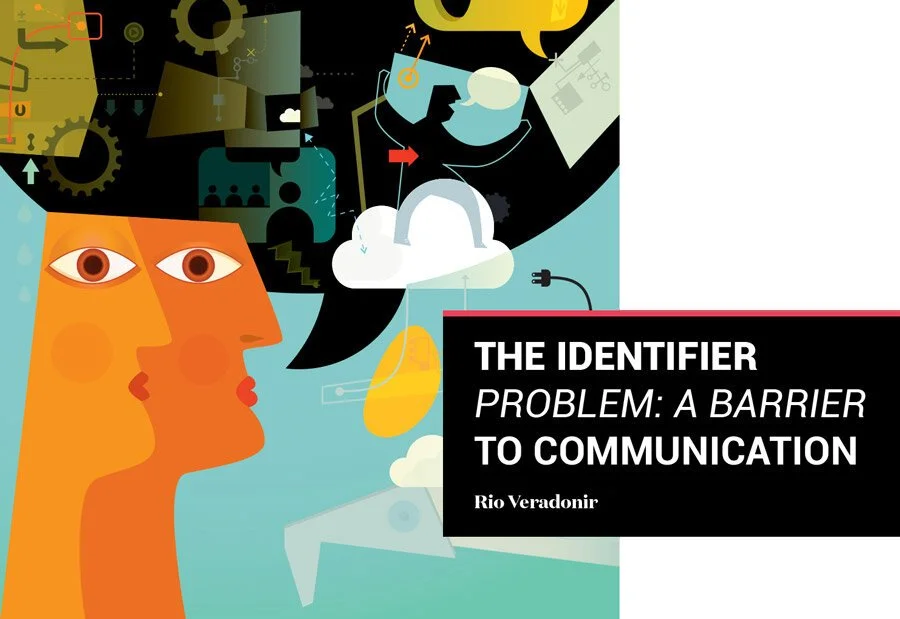The In-Between: Problematic
Cardi B used to be my dirty little secret. I first heard about her in graduate school, and she immediately captured my interest. Not only did I feel a connection to her because of our shared background in stripping, but I also found her music inescapably catchy. The trouble was that she is, according to many in my social circles, “problematic.” Among my hip-hop friends, she is too mainstream and lacks the necessary insight and social awareness to be deemed “authentic.” Among my academic friends, she is too politically incorrect, and fails to exhibit sufficient depth and consistency required for their praise. But her shortcomings notwithstanding, I continued to find myself drawn to her music anyway.
My concern was that, despite my best efforts to be a kind and socially responsible person, the admission of my affinity for Cardi B would somehow brand me “problematic” too. Although such worries may seem dramatic, in today’s hypercritical cancel-culture environment, it’s not much of a stretch. Current social norms expect everyone to think and act perfectly at all times, despite the fact that it is our imperfections that make us human. Rather than engaging in respectful dialogue to sort out disagreements, reasonable people on all sides now seem content to simply ghost each other and call it a day. So, even though my friends are all lovely people, I initially kept my fangirl status to myself just to be safe, as I frantically tried to figure out what this love of Cardi B might mean.
Not surprisingly, I soon found that it led me to a middle space. The more I listened to Cardi B, the more intimately familiar I became with her flaws, but the more I also came to accept them and enjoy her music anyway. It wasn’t that I stopped caring about her hypersexualized representation of women or her sporadically homo-negative lyrics, it was simply that I began to recognize their existence alongside other efforts to champion female empowerment and promote sexual freedom. Cardi B, it turns out, is just another complicated human being doing her best to figure life out, while simultaneously working to give something positive back to the world.
Part of me has always had a tenuous relationship with respectability. There is something about being told what I must say or do that immediately makes me defiant. Heck, this tendency is probably what attracted me to hip-hop in the first place — so much of the music and culture is built upon challenging accepted conventions and rules. Hip-hop is also a space packed full of contradictions, which is not unlike the in-between itself, where I constantly find myself sitting with incongruity. As a consequence, I reject the notion that something must be flawless in order to be accepted, and instead gravitate toward the taboo.
The implicit demand for perfection embedded within the “problematic” label is fundamentally deranging. To avoid being deemed “problematic”, people are given an impossible task, the pursuit of which, let’s be honest, is exhausting. Not surprisingly, this predicament has often resulted in growing resentment, frustration, and discouragement. This trend has left well-meaning people so afraid of making mistakes that they simply opt not to speak up or ask questions anymore. Just as with my initial decision regarding Cardi B: it is not that my fear of being called “problematic” kept me from enjoying her music in private, but that I didn’t feel comfortable sharing it openly. In a similar fashion, those who fear criticism for their thoughts or beliefs don’t just stop thinking or believing them because someone says they are problematic. They merely clam up and shut down (or take them underground), which means we all lose the opportunity to find common ground and better understand each other.
One solution to this conundrum is certainly to stop throwing the “problematic” label around; however, this approach only goes so far. As any perfectionist can tell you, the need to avoid mistakes is often driven by an inner monologue of constant criticism, which we have collectively created by focusing solely on the negatives. Pointing out the missteps made in Cardi B’s early life as a stripper, for example, might make for interesting conversation, but is not actually that useful. Identifying the moments where she got things right, however, illuminates opportunities that others might then be able to build on, which is far more productive for social progress. So, if we truly want to work toward creating meaningful change in the world, we have to start focusing on the positives and celebrating what works, rather than simply offering up critiques with no real path toward a solution.
Looking back, I think a big part of my initial attraction to Cardi B was actually motivated by her so-called “problematic” tendencies. As she says in her song “Bodak Yellow”, “Honestly, don’t give a fuck / ‘Bout who ain’t fond of me,” which, in these hyperpolitical times, is a remarkably freeing attitude. Of course I care about combating prejudice and bigotry, promoting equal rights, and setting a good example for young people, but occasionally, I just want to go out on the dance floor and shake my ass a little without having to worry about the underlying social or political implications of everything. So, using this attitude as inspiration, I’m no longer a closeted Cardi B fan — I’m loud and proud about it.
Published Oct 17, 2019
Updated May 23, 2023
Published in Issue III: Language








